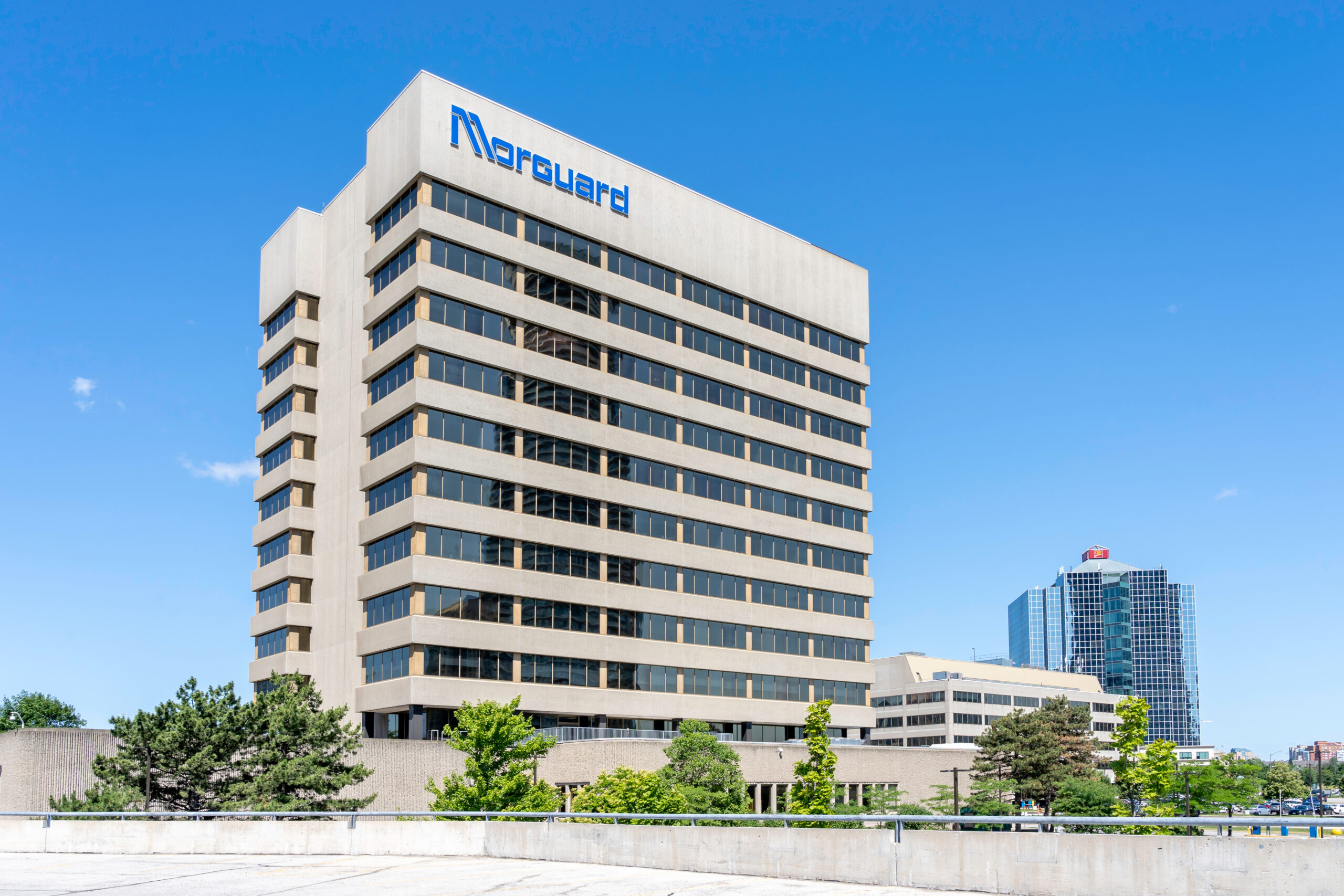Last Updated on October 24, 2023 by Neil Sharma
The door is open to real estate investors looking to get into the multi-family residential sector, but if they wait too long they might miss their chance.
“I think getting in now is a good idea because it’s one of the very few times in recent history where there’s been a little bit of weakness in the apartment sector,” Keith Reading, director of research at Morguard, told CREW. “We really haven’t’ seen a drop off in value, but if you’re going to get in, now’s a good time because once the [COVID-19] vaccine is distributed, in a year from now you’ll say ‘I missed my opportunity.’ Things are going back to where they were with apartments becoming expensive to buy. It’s a unique time for rental apartments because there’s a little bit of downward pressure on income streams, so now’s the time to get in because it will likely be more expensive going forward.”
Morguard’s has the multi-suite residential rental sector returning to pre-pandemic levels of strength this year, provided vaccines are distributed expeditiously. Once that occurs, public health restrictions will ease and the Canadian job market will markedly improve, which will spur demand for rental accommodations.
“Increased international migration will boost rental demand, along with the return of international students,” stated the report. “Youth employment will also increase, in support of a more robust demand cycle. An improved rental demand trend will drive vacancy levels down closer to the all-time lows of the pre-pandemic period.”
As that drives up market rents, construction activity will be robust again by 2022. However, all of these variables are contingent upon efficacious vaccine dispersal.
“If the vaccine is slower than anticipated, in terms of distribution, I think you’ll see more of the same in 2021 that you saw in 2020—you’ll see vacancy hold at current levels, up significantly from the prior level and down significantly from prior rents. But the government is committed to providing funds for Canadian families so they can pay their rents. The resiliency of the sector we saw in 2020 will carry through in 2021.”
Reading anticipates that his glass-half-full scenario will come to fruition by H2-2021, at which point the Canadian border will reopen and international students will once again be a substantial cohort of renters. Despite the pandemic weakening multi-suite residential sector fundamentals, investors, namely the large institutional players, have been banking on what the report forecasts as an imminent economic recovery.
“If you look at it from the investment standpoint, investors have given the sector a vote of confidence, and investor sales haven’t really fallen off much at all through the pandemic, compared to, say, office and retail,” said Reading. “Those markets have really slowed to the point of very few significant sales, but rental apartments and industrial have held up well.”
Neil Sharma is the Editor-In-Chief of Canadian Real Estate Wealth and Real Estate Professional. As a journalist, he has covered Canada’s housing market for the Toronto Star, Toronto Sun, National Post, and other publications, specializing in everything from market trends to mortgage and investment advice. He can be reached at neil@crewmedia.ca.








